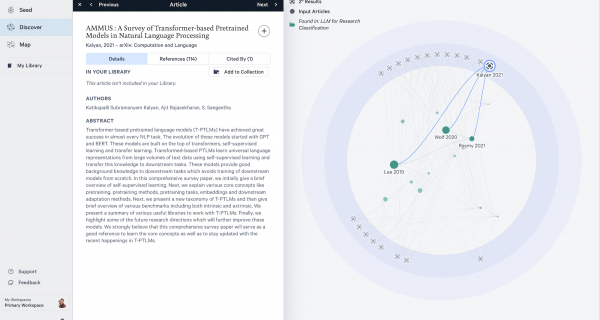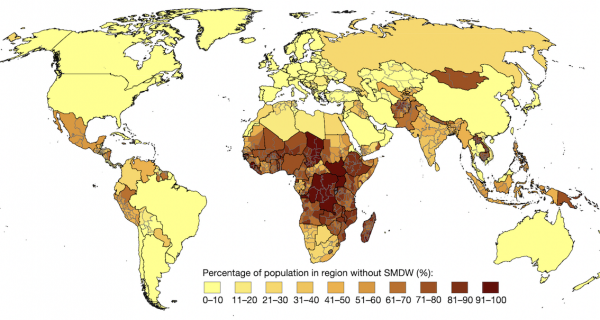The Gender Gap in Self-promotion
When individuals are asked to subjectively describe their performance on a male-typed task relating to math and science, a large gender gap is found.

Although gender gaps in pay have been shrinking over the past few decades, women continue to earn less than men. These gender gaps can be attributed to a large extent by women being underrepresented in the highest-paying industries and occupations, nonetheless, gaps continue to prevail even when taking into account factors such as education and occupational selection.
A recent article written by Christine L. Exley and Judd B. Kessler published in the Quarterly Journal of Economics, investigates whether there is a gender gap in informed self-evaluations. In other words, the authors investigate whether a gender gap exists when participants are provided with perfect information about their absolute and relative performance on the task.
After running a series of experiments involving 4000+ online participants and 10,000+ school-aged participants, the study finds a gender gap in self-evaluations on a male-typed task relating to math and science: women subjectively describe their performance less favorably than equally performing men.
The authors are also able to show that the gender gap in self-evaluations arises as early as in sixth grade (evident from the results with over 10,000 middle school and high school students).
The contributions of this study stems from the researchers ability, through a controlled experimental setting, to document a gender gap in subjective descriptions of performance — obtained using self-evaluation questions— among equally performing men and women. Motivated by gender gaps in the labor market, they focus on self-evaluations about performance on a stereotypically male-typed task.
As the authors conclude, “Future work should investigate the effect of relying less on subjective self-evaluations for hiring and promotion”. This may perhaps be one way to mitigate the existing gender gap.






































